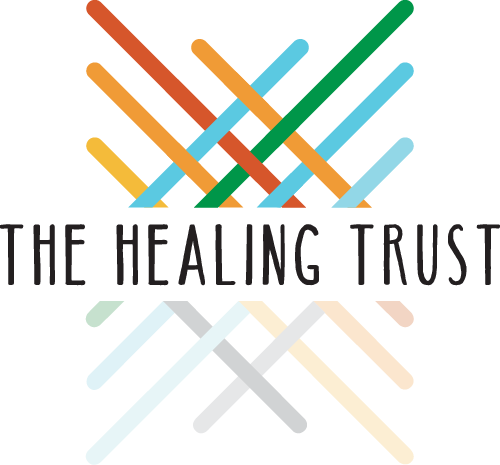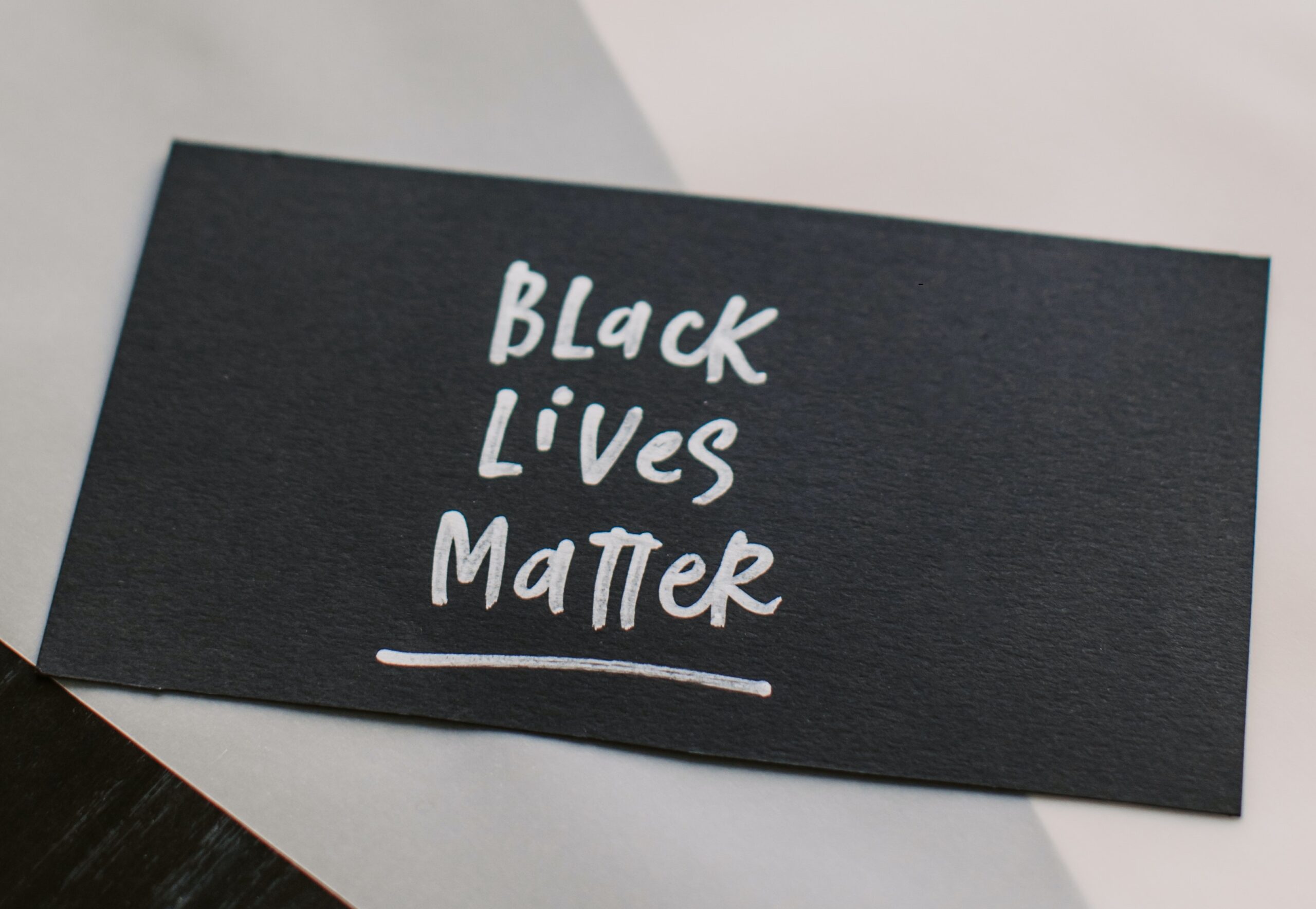The Healing Trust lifts our voices and is taking action to join with others around the world in declaring that Black Lives Matter.
We are outraged by the murders of George Floyd, Breonna Taylor, Ahmaud Arbery and in Nashville, Daniel Hambrick, Jocques Clemmons, — and far too many other Black people.
We are horrified by how the COVID-19 pandemic has impacted people of color disproportionately due to systemic racism in our healthcare, prisons, and workplaces.
We stand in solidarity with the protests across the world coming together in outrage and sorrow and vision for a future that dismantles these systems of injustice.
We condemn the ways that the philanthropic sector is complicit in racism, and we commit to the long-haul work of healing and justice.
We acknowledge that the accumulation of capital that enabled the formation of The Healing Trust could not have occurred without systemic racism.
In 2019, our team started to think more intentionally about healing and racial equity. A deeper examination of our shared history of racial injustice called us to consider how we heal from historical trauma and the hate and bigotry that continues to exist. We engaged OpenSource Leadership Strategies to dive deeper into those topics and to explore what it could look like for us to have a racial equity lens. This engagement pushed us into deep conversations with one another, staff and board, and held up a mirror to our own lives and culture that some of us had never seen.
We also engaged in an equity assessment. We are sitting with the responses from the surveys and interviews, but we know that the changes that we make in the future will be more significant because they will be informed by the feedback of our community.
Commitments we have made so far in 2020 include:
• Supporting immediate needs of communities of color disproportionately impacted by COVID -19
• Lessening burdensome requirements for our application and reporting processes and making it easier for grassroots, Black-led organizations to receive funding
• Committing to listening to our partners and especially to those communities least heard, lifting up their voices and experiences to inform our own decision-making so we can act on their feedback.
• Advocating alongside our partners to change systems that create and perpetuate health inequity.
Our next steps are:
1. Revisiting our mission and values and developing an explicit equity statement
2. Continuing to build our internal capacity for antiracism and justice work
3. Examining and updating our grantmaking and programs to be more inclusive and equitable
4. Supporting the building of the community’s capacity for and understanding of racial equity and justice
We commit to transparency and will update you on our progress. We encourage our partners to hold us accountable and invite your feedback and input. Please reach out to any of our team to discuss.

